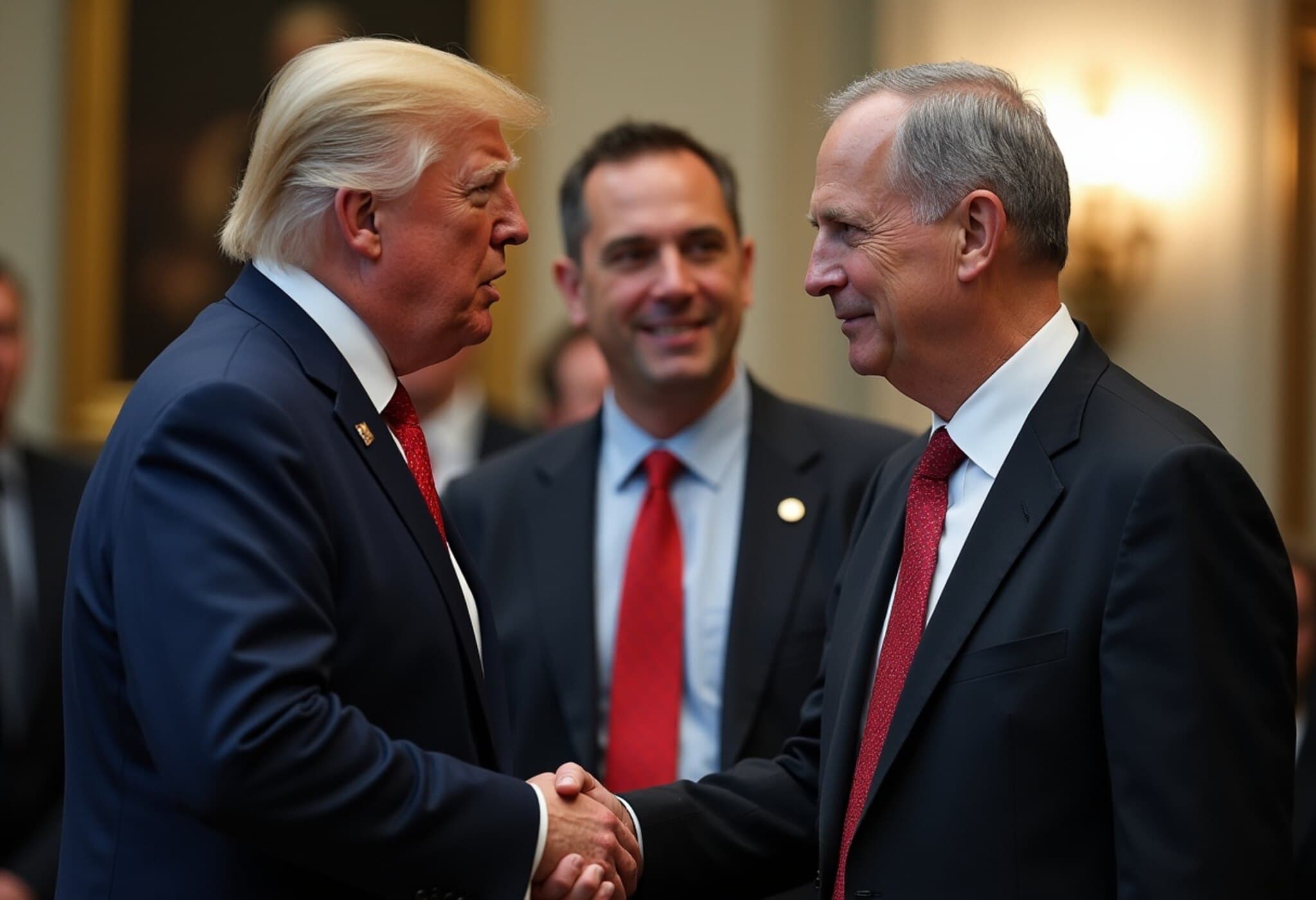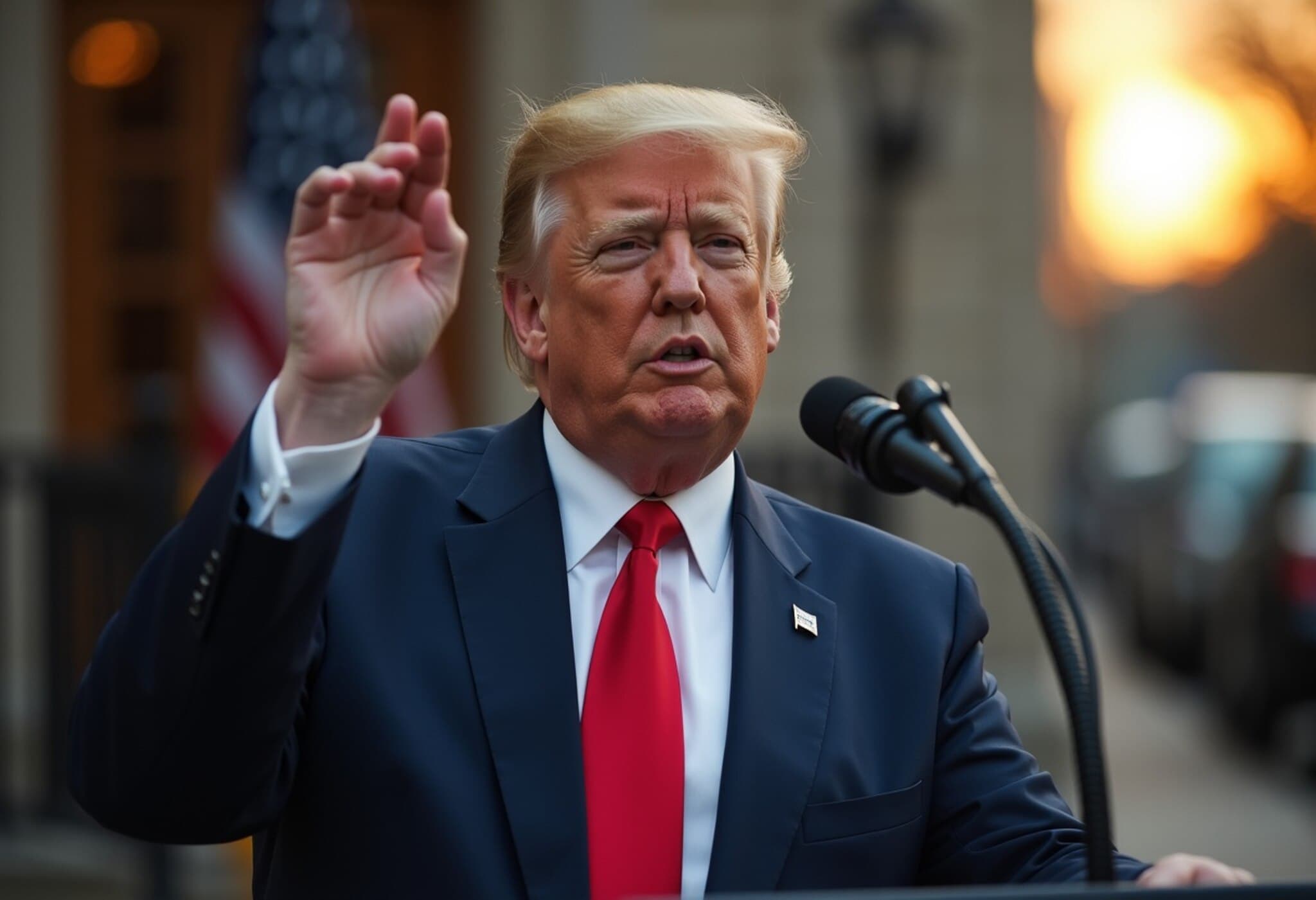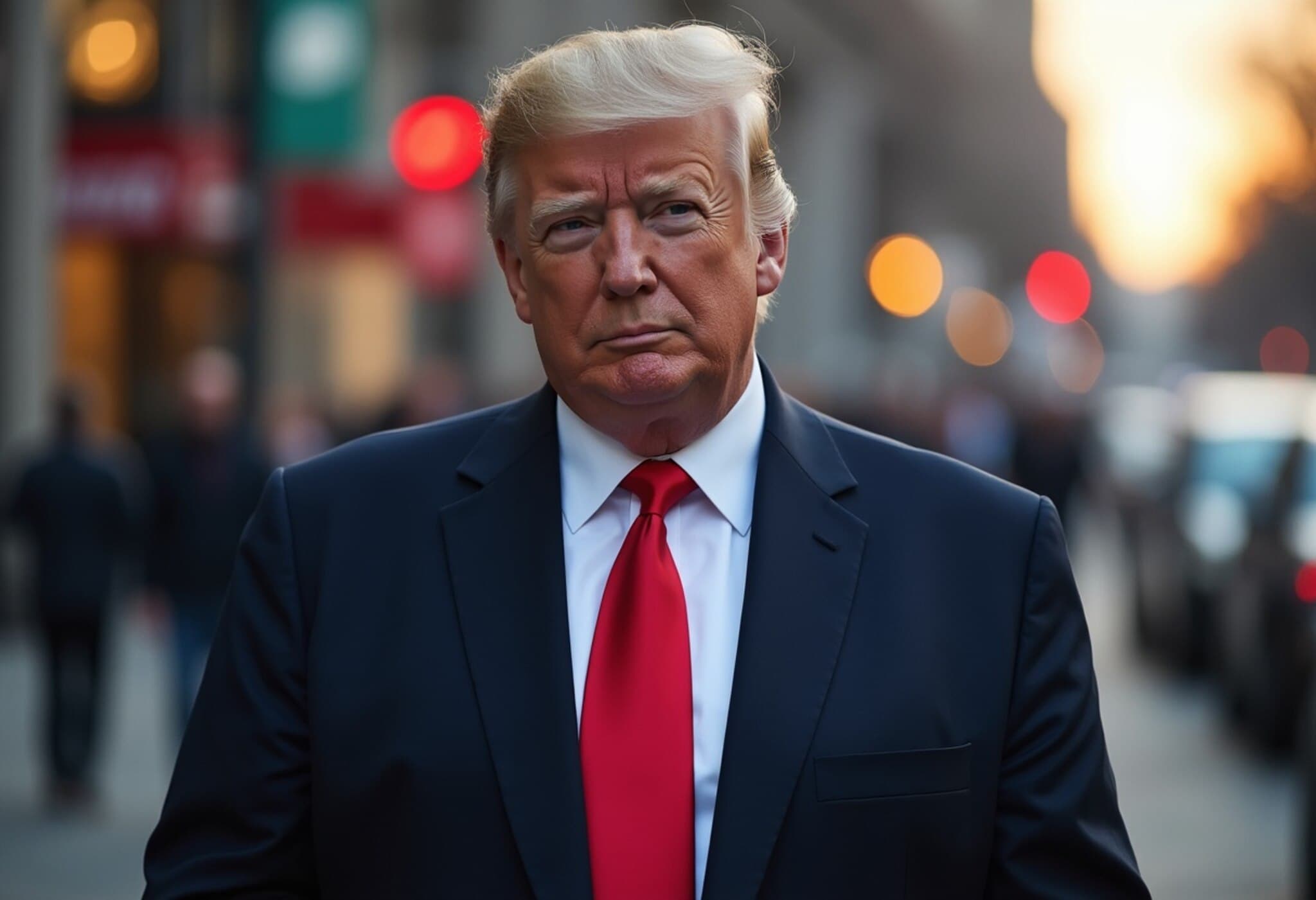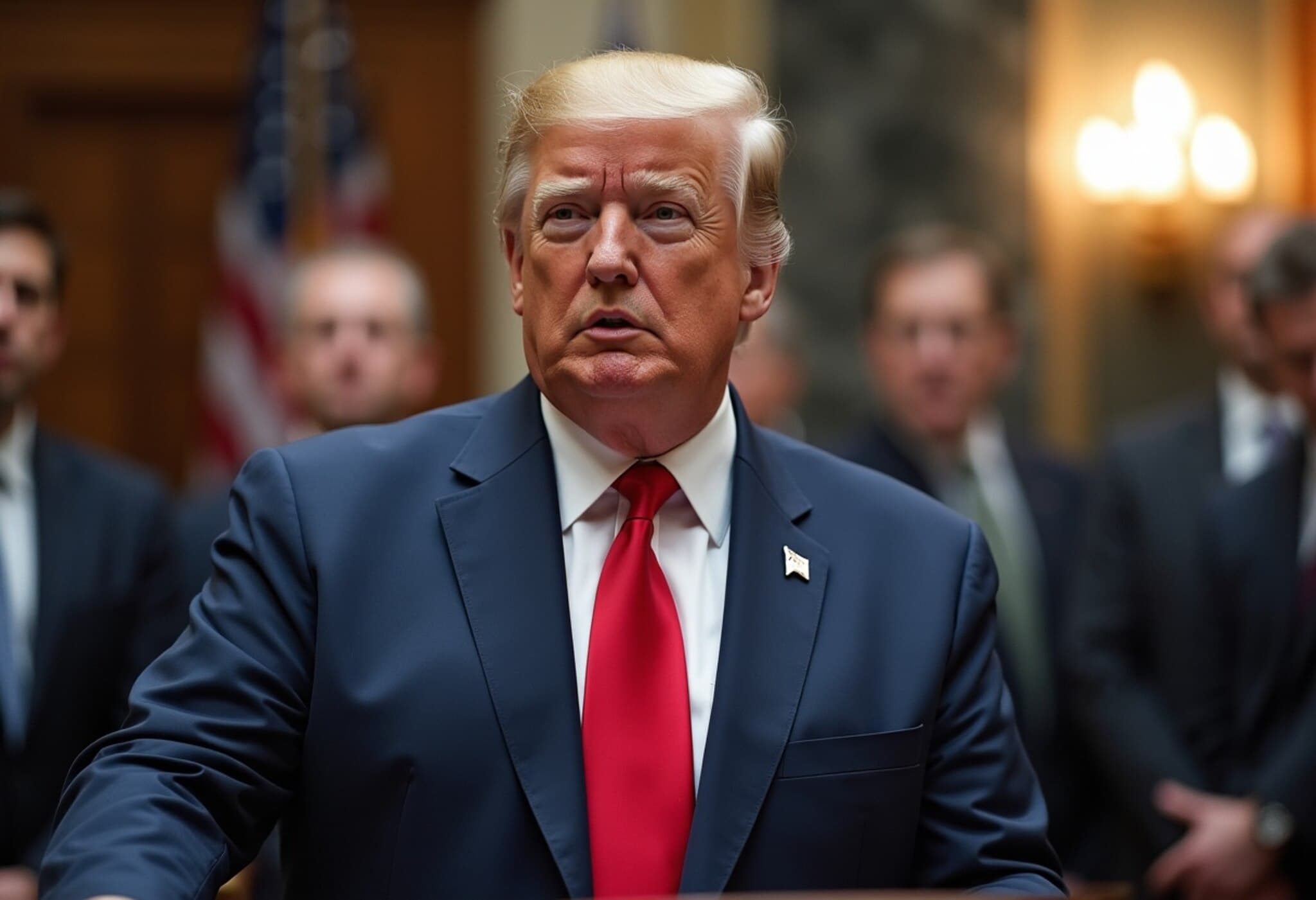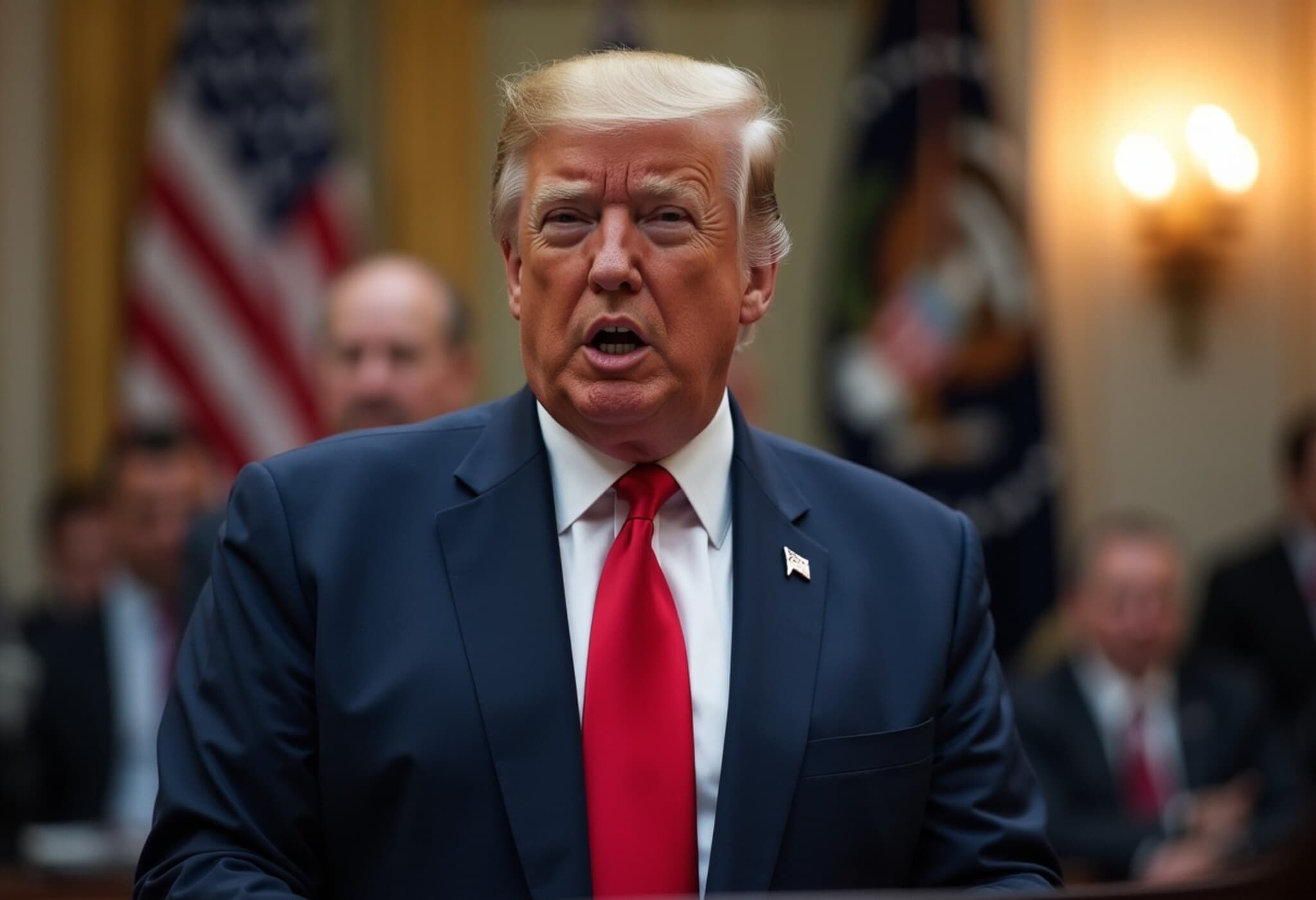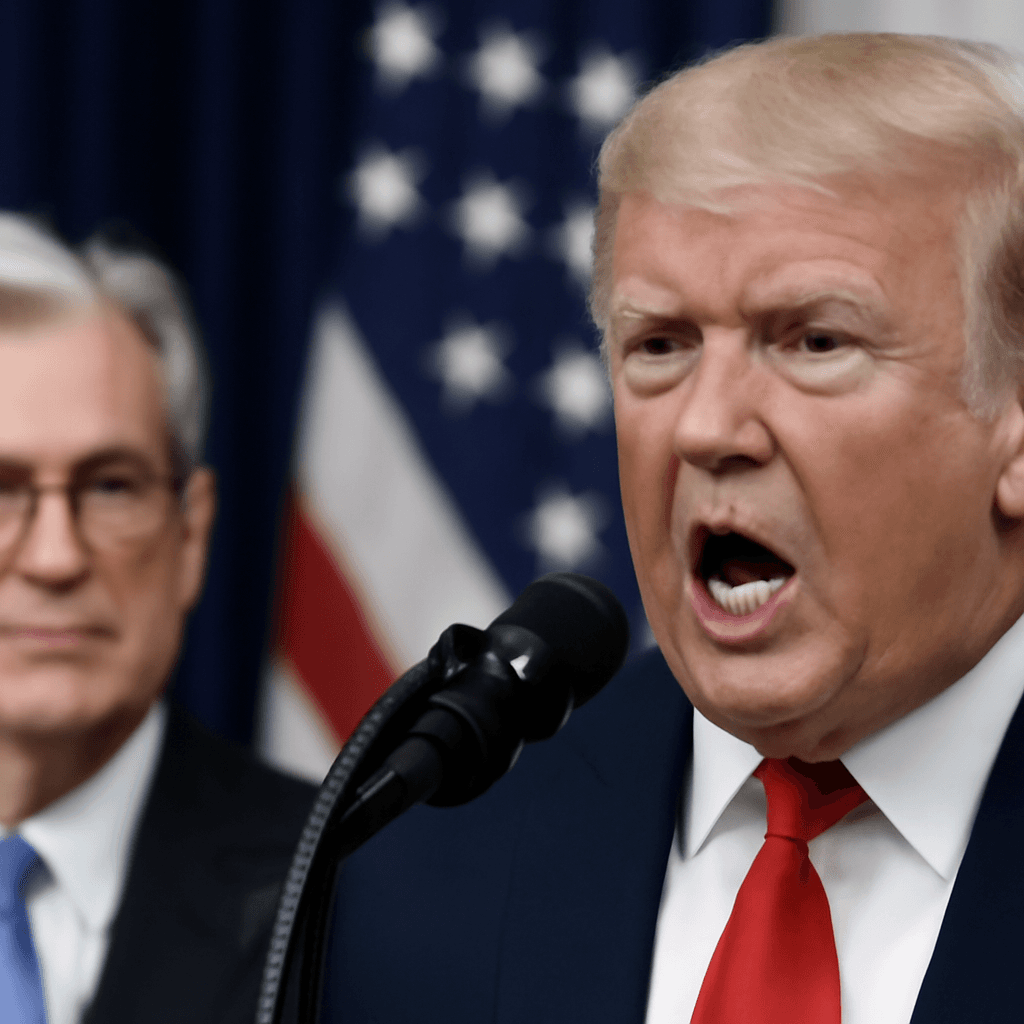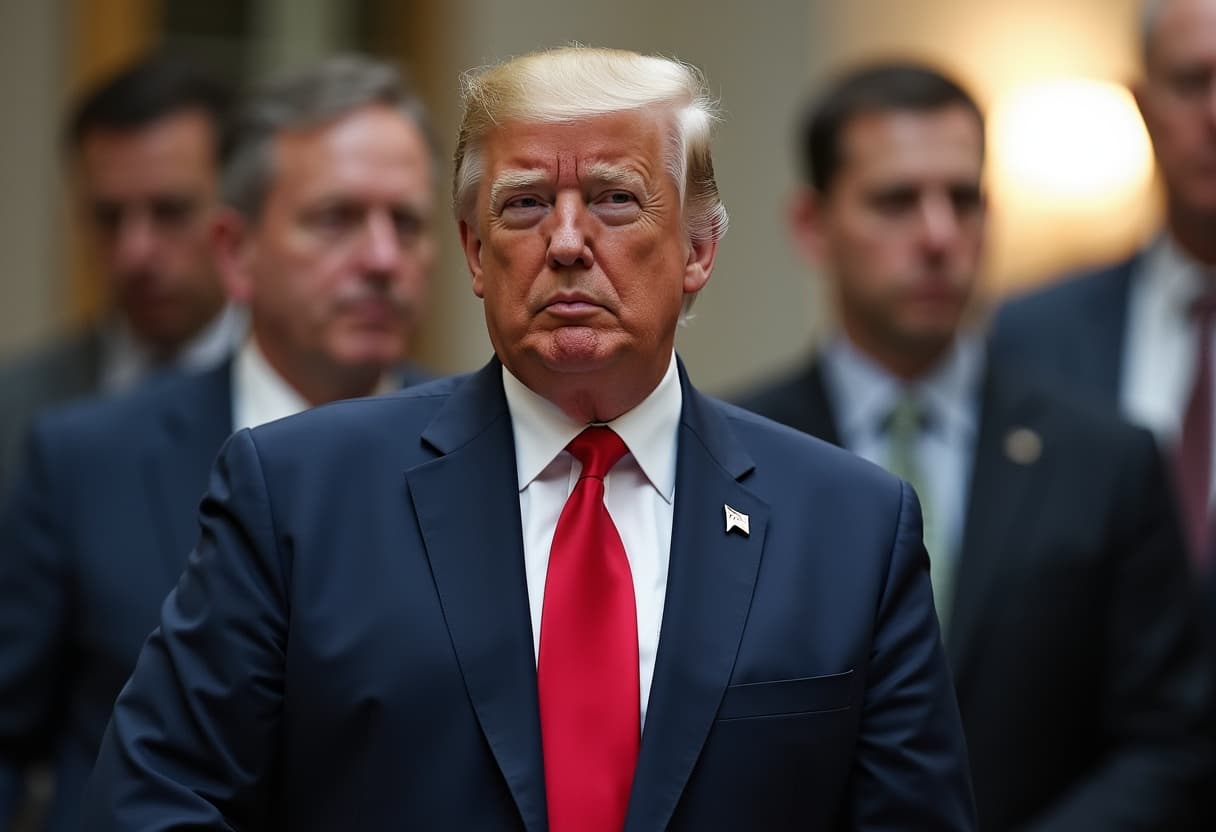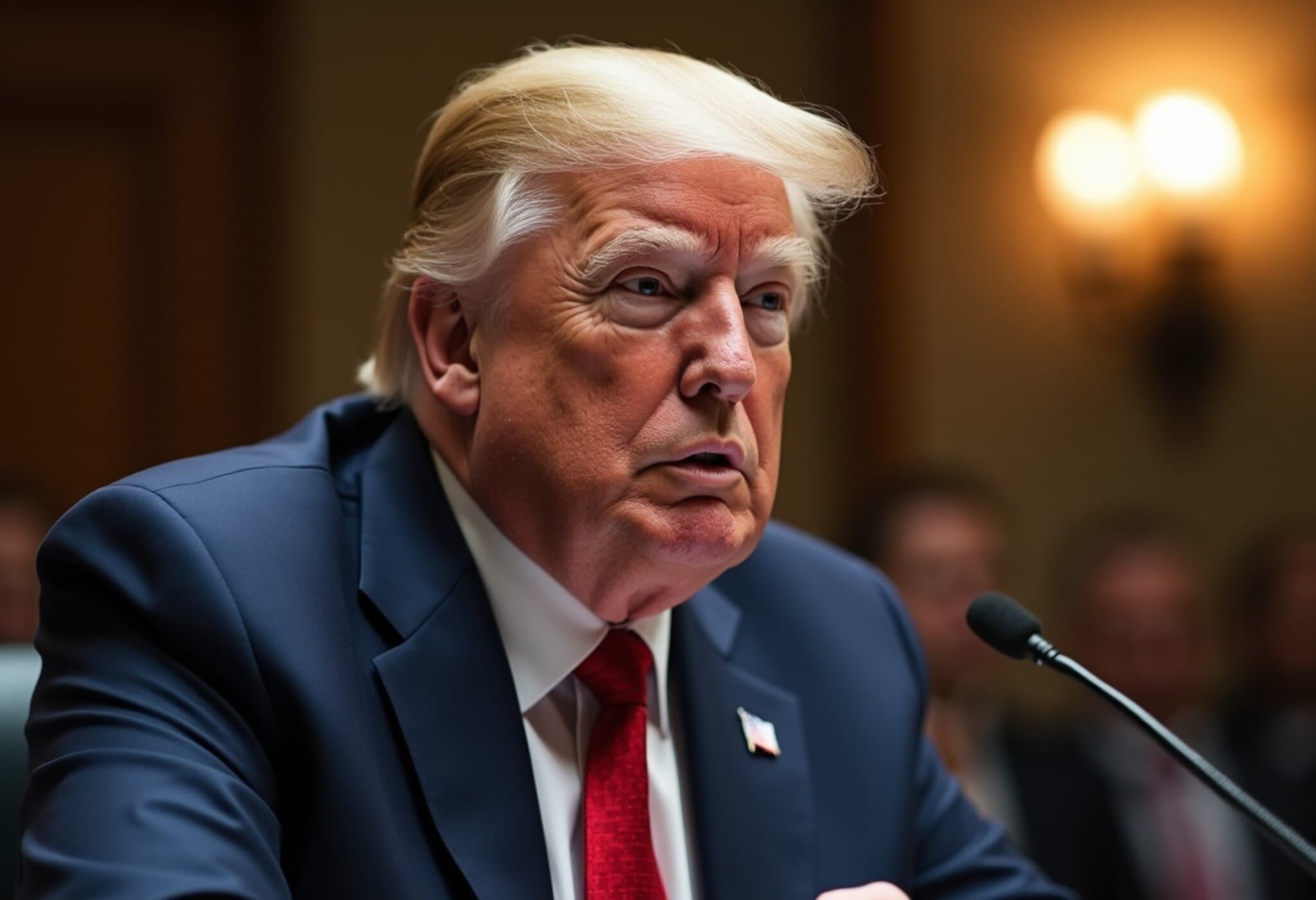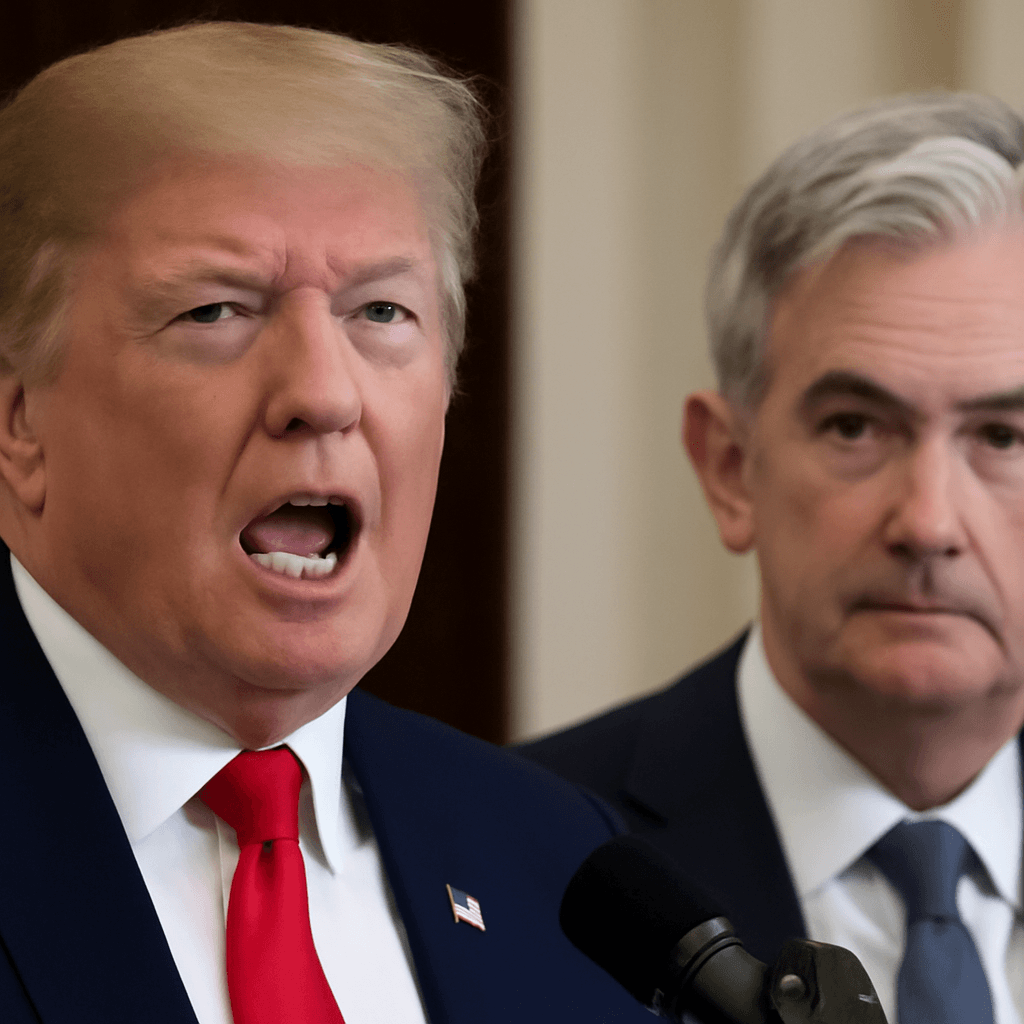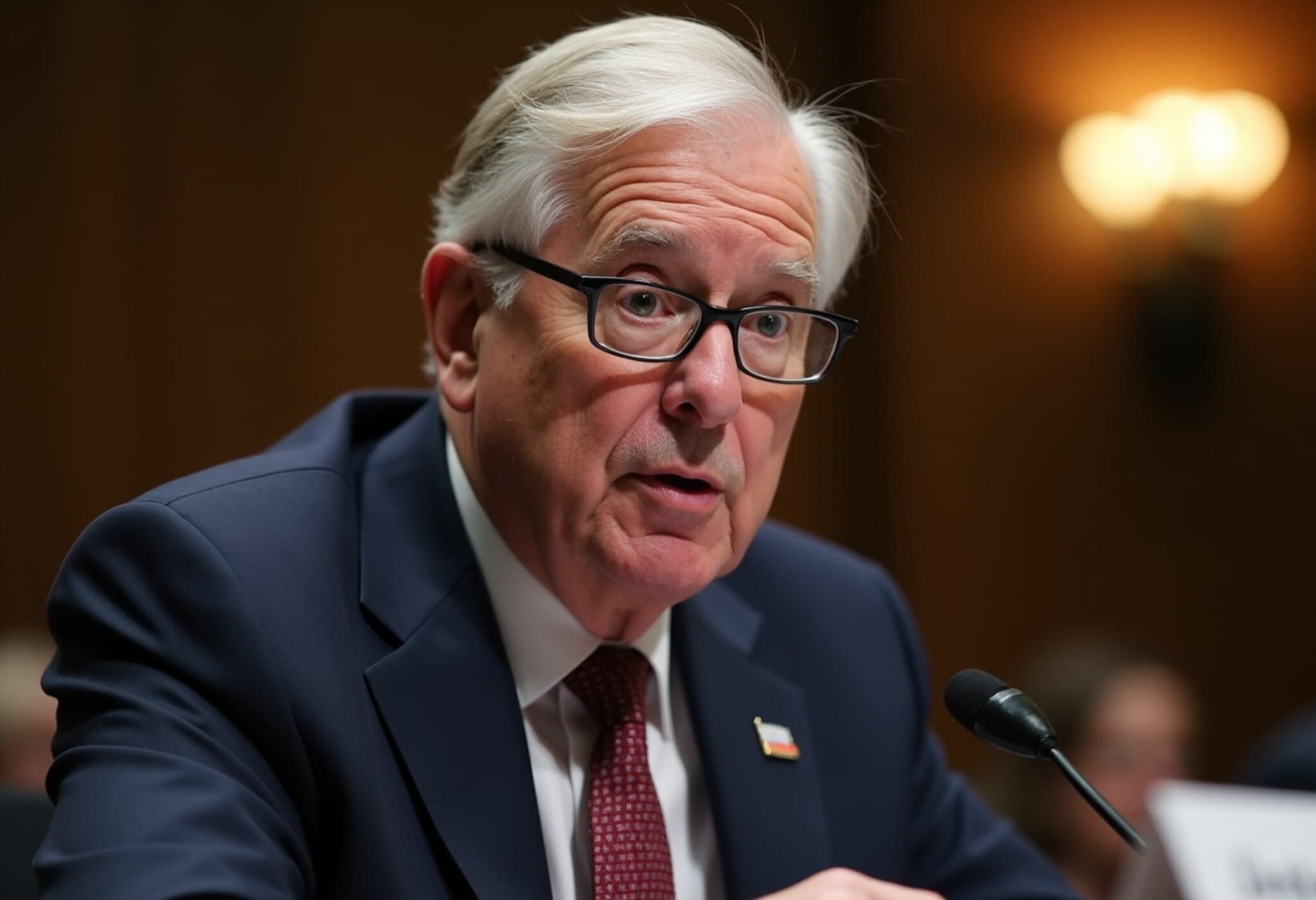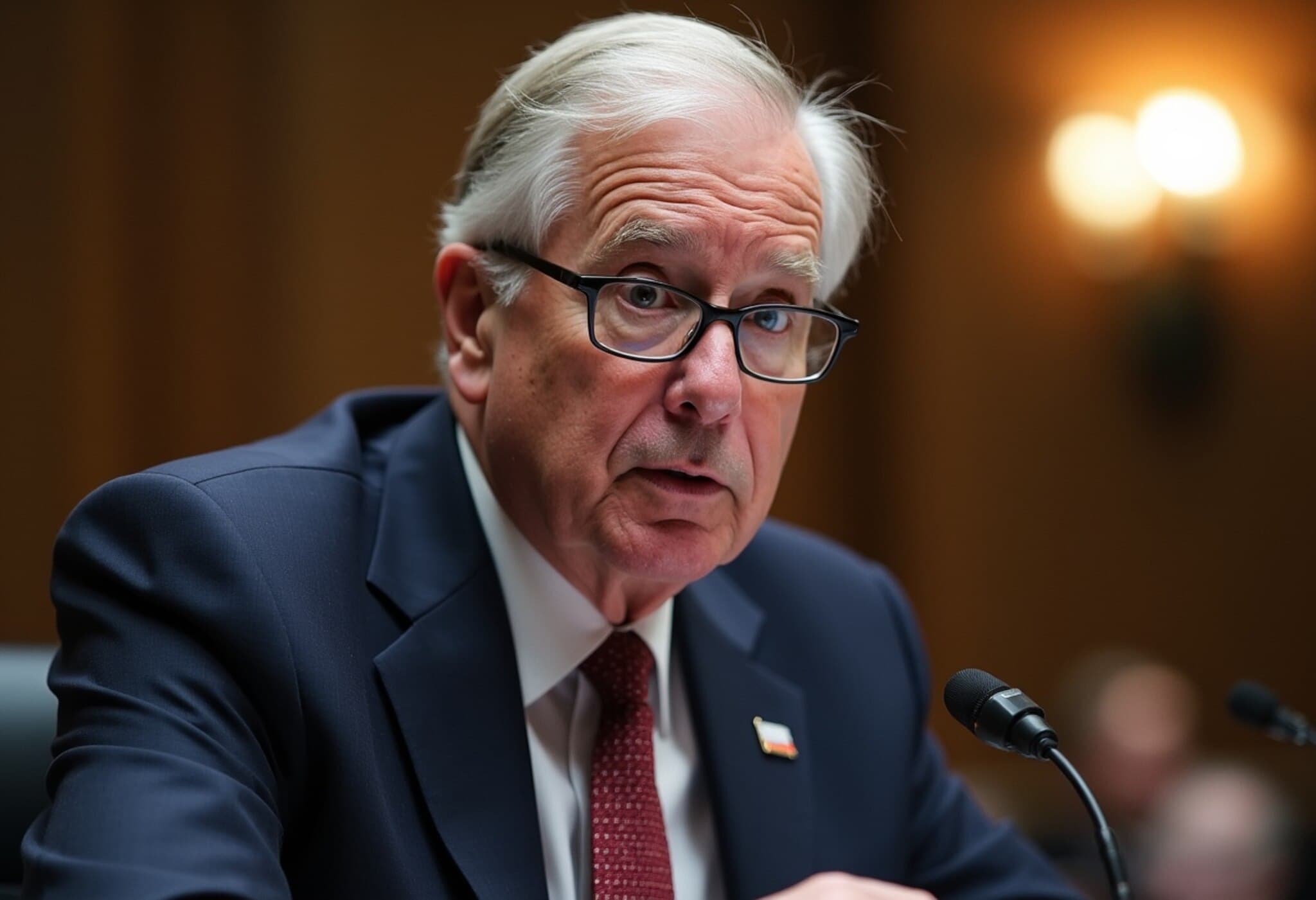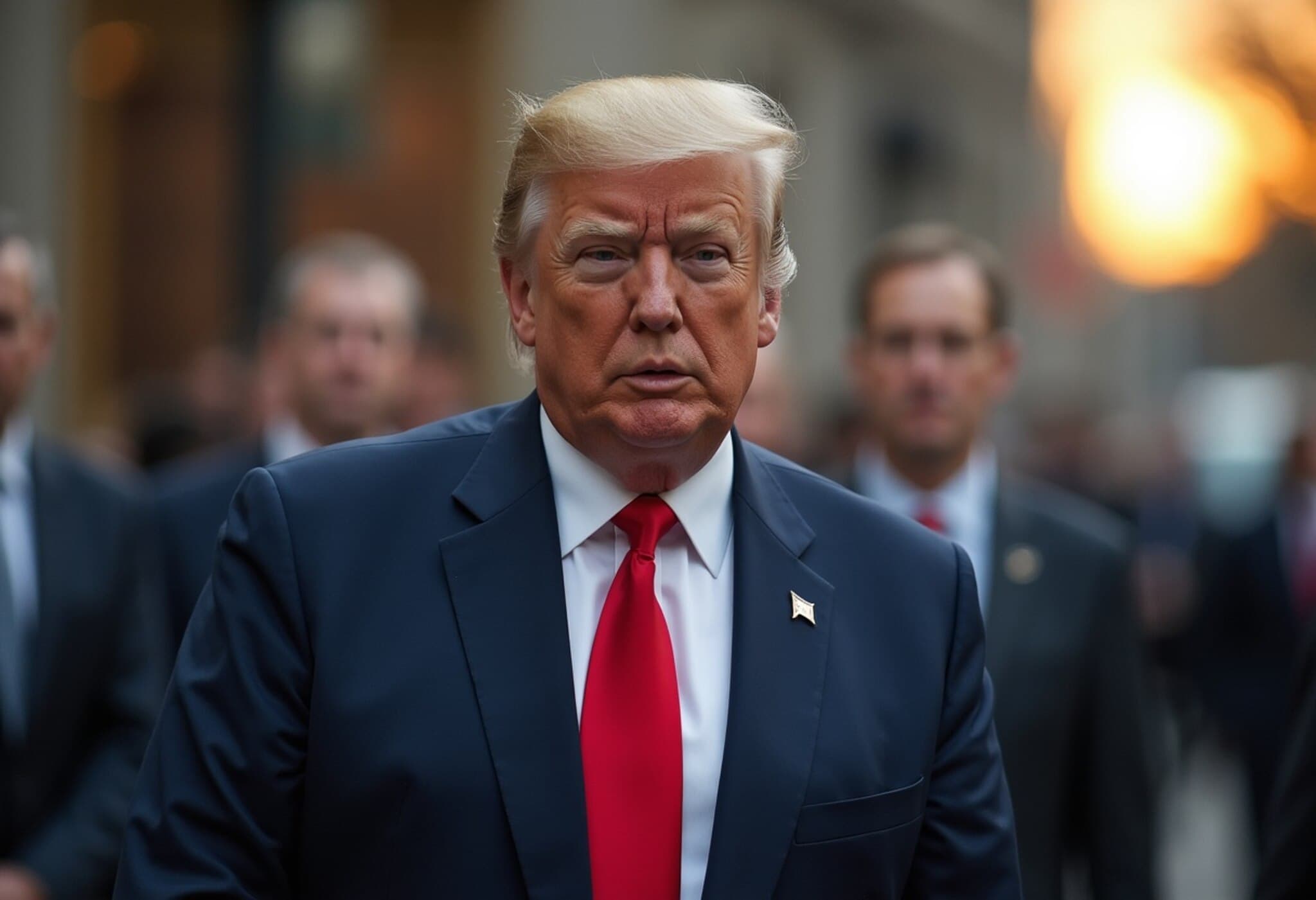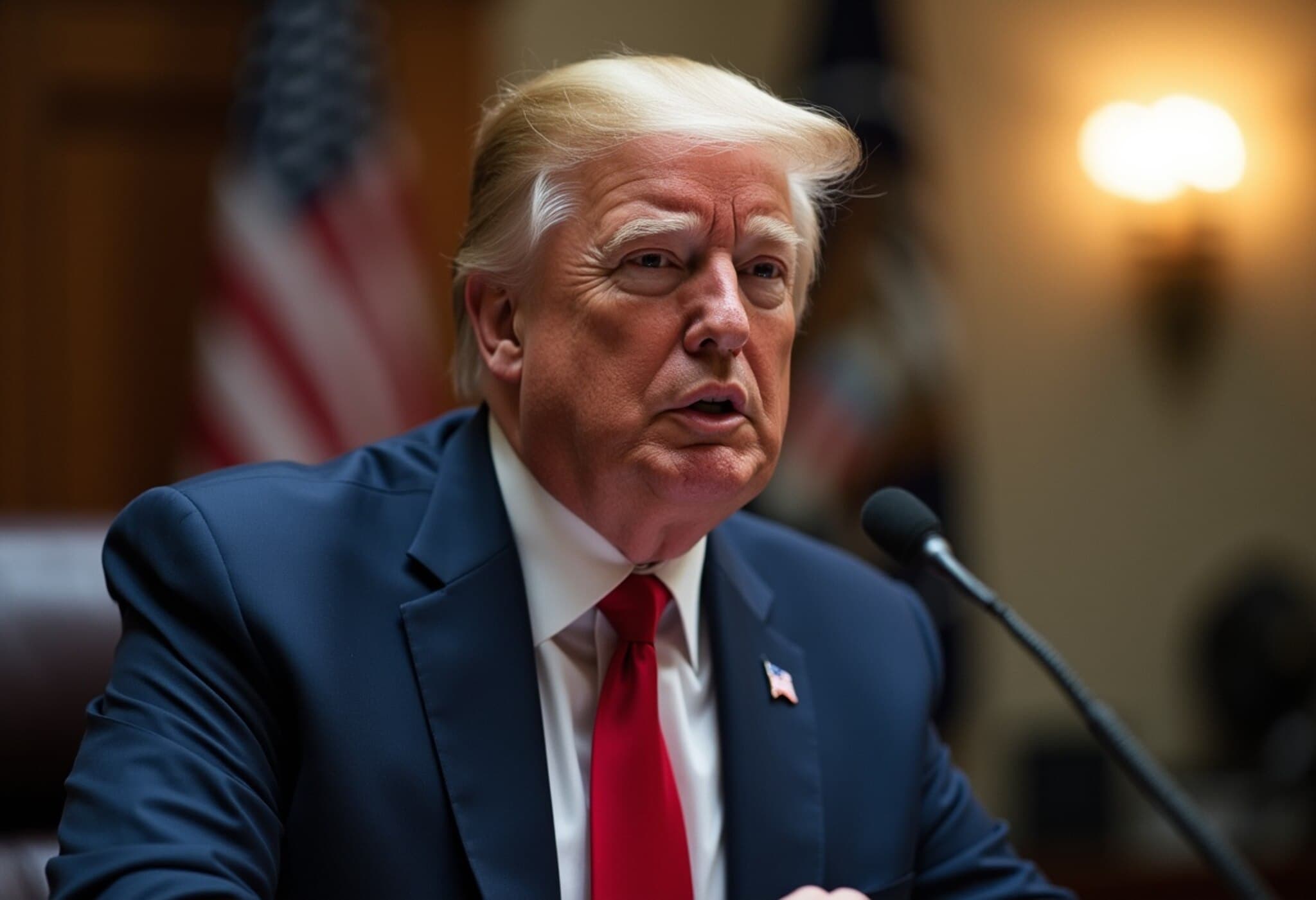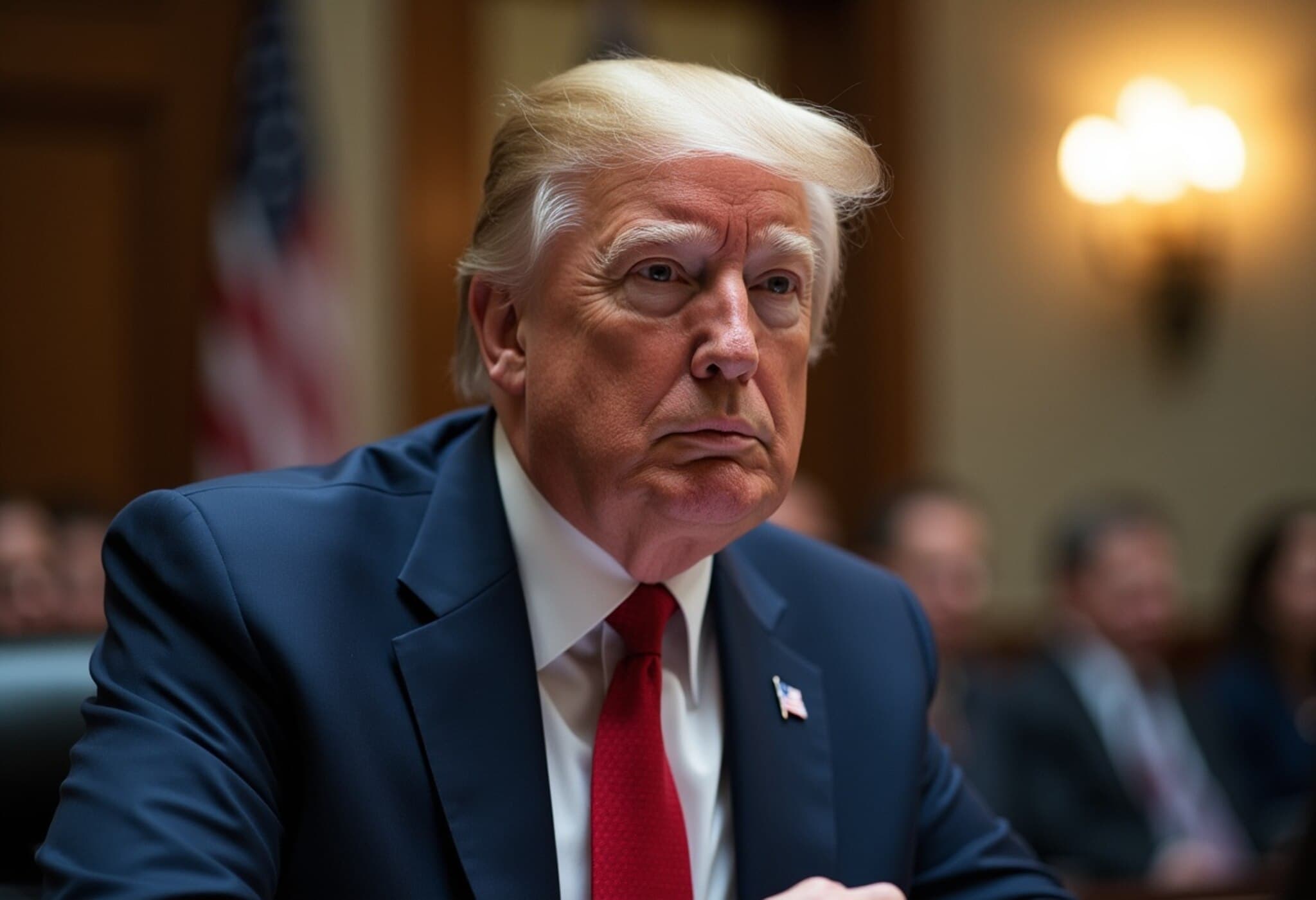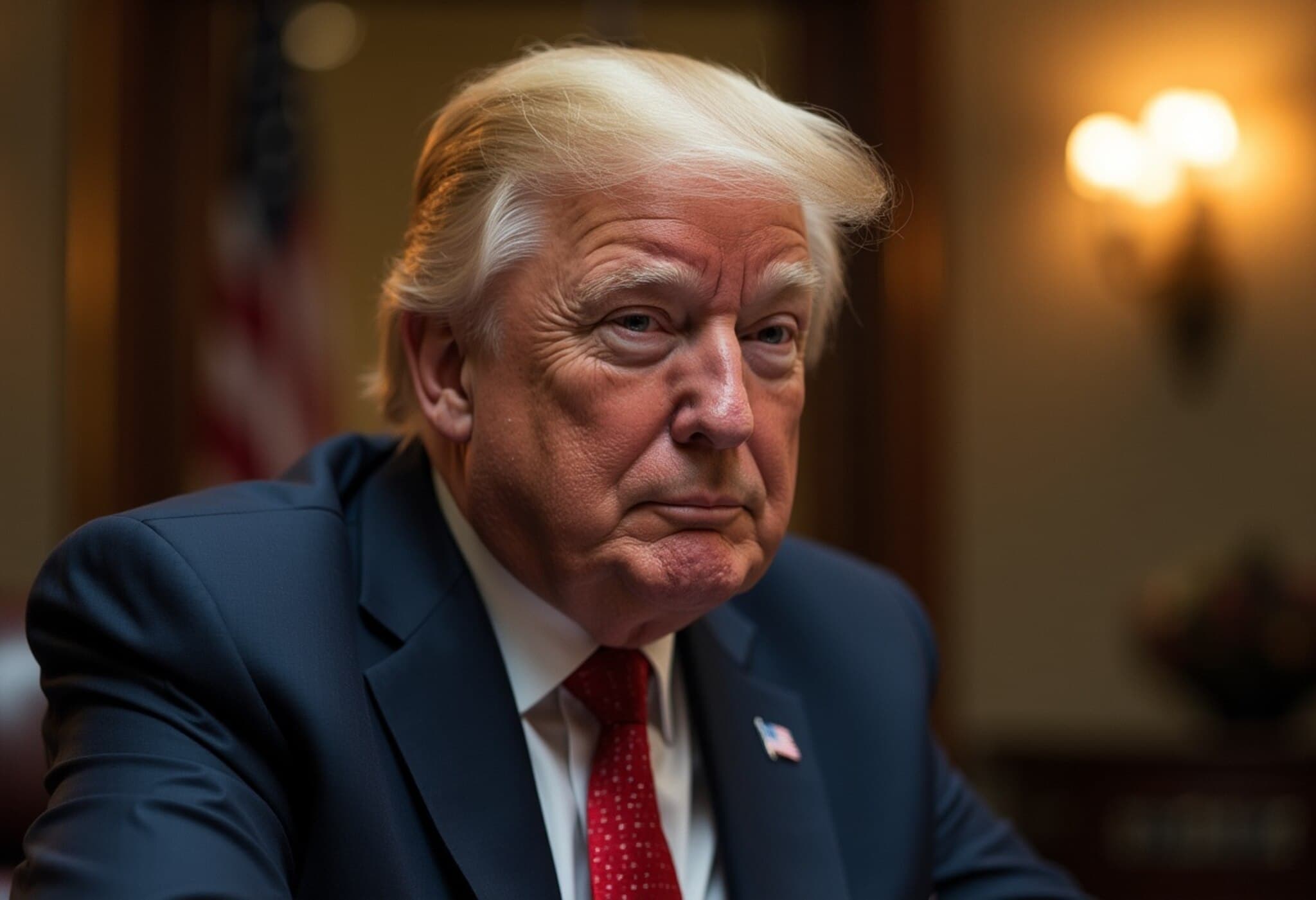Trump’s Unexpected Clash with Fed Chair Powell
In a rare public confrontation, former President Donald Trump engaged in a notably tense exchange with Federal Reserve Chair Jerome Powell during a Thursday afternoon press tour. The event, centered around the Federal Reserve’s ongoing renovation project, took an unexpected turn as the two figures debated economic policy and central banking roles, highlighting the persistent friction between political leadership and monetary authorities.
The Setting: A Renovation Tour Turns Political
The interaction unfolded mid-way through a carefully orchestrated press tour showcasing the Federal Reserve’s efforts to modernize its facilities. While the spotlight was meant to be on infrastructure advancements, the conversation swiftly veered into charged political and economic territory. This unexpected shift underscored how economic stewardship by the Fed remains a hot-button issue, especially among prominent political figures with divergent philosophies on interest rates, inflation control, and fiscal stimulus.
What Sparked the Exchange?
According to multiple eyewitnesses, the exchange began when Trump criticized the Fed’s interest rate policies, attributing them as detrimental to economic growth and the well-being of average Americans. Powell, maintaining his usual measured tone, defended the central bank’s independence, emphasizing its mandate to maintain price stability and maximize employment without political interference.
- Trump’s stance: Accused the Fed of unnecessary rate hikes that slow down growth and hurt working-class families.
- Powell’s response: Reaffirmed that monetary policy decisions are data-driven and aligned with long-term economic health.
Broader Implications: What This Means for U.S. Economy and Policy
This brief but heated exchange brings to light enduring debates about the delicate balance between fiscal and monetary policy. In the United States, the Federal Reserve operates independently to shield monetary decisions from political pressures, aiming to avoid short-termism in economic management. Trump’s public challenge to this independence raises important questions:
- How should political figures engage with independent institutions without undermining their credibility?
- What are the economic risks when central banks face politicization amidst inflationary pressures?
- Can the United States maintain investor confidence and market stability amid such public disagreements?
For policymakers and analysts, the episode is a reminder of the complex interplay between political narratives and economic realities in a polarized climate. It also spotlights the Fed chair’s challenging role as a steward of economic stability in a highly charged political environment.
Expert Perspective
Economist Dr. Karen Mitchell from Georgetown University notes, “This exchange is emblematic of the ongoing tensions between elected leaders and independent central bankers. While political critique is natural, maintaining central bank autonomy is crucial for sustained economic growth and preventing market volatility. Such public confrontations may erode investor confidence if not managed carefully.”
Looking Ahead
As the Federal Reserve continues to grapple with inflation concerns and economic recovery post-pandemic, interactions like this underscore the importance of clear communication between policymakers and the public. The question remains whether future dialogue can strike a more constructive tone that upholds institutional respect while addressing legitimate policy disagreements.
Editor’s Note
Donald Trump’s confrontation with Jerome Powell is more than a fleeting headline—it's a snapshot of deeper, unresolved tensions shaping American economic governance. Readers should consider how political dynamics influence central banking and the ripple effects this has on everyday Americans, markets, and long-term fiscal health. Will the independence of the Fed withstand such pressures, or is this a sign of evolving norms in U.S. economic policymaking?

